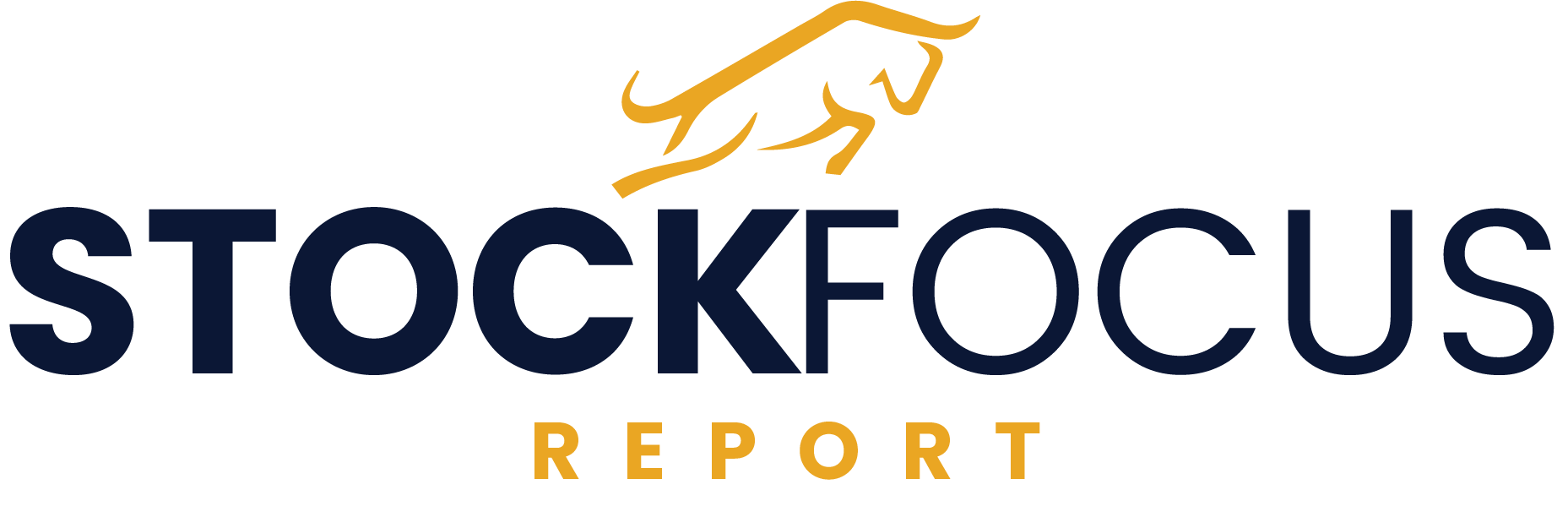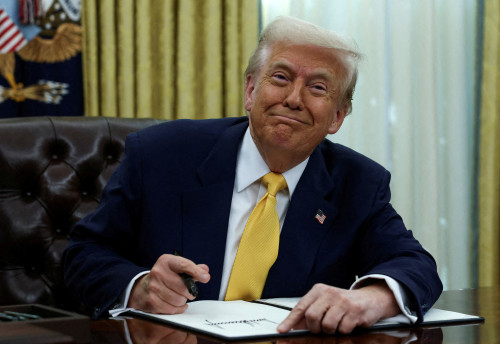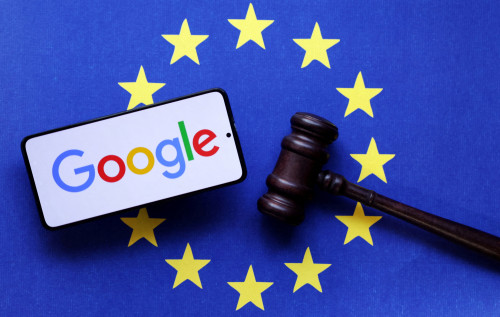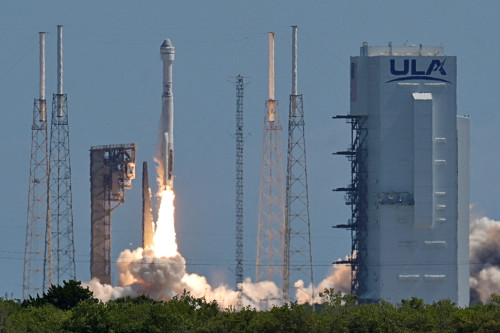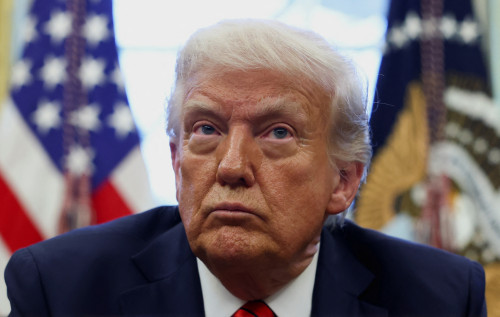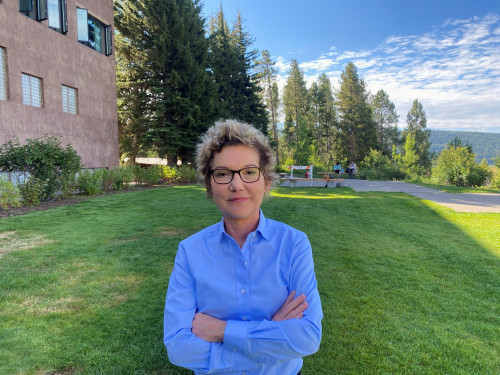By Jody Godoy, Deborah Bloom
PORTLAND, Oregon (Reuters) -The U.S. Federal Trade Commission kicked off a trial on Monday in its bid to block Kroger’s $25 billion merger with Albertsons, telling a federal judge in Portland, Oregon, that the deal would eliminate competition between the top grocery store chains and hit consumers’ wallets.
The FTC and several states sued to block the deal in February, saying the merger would mean higher prices for consumers and less bargaining power for unionized grocery workers.
FTC Chief Trial Counsel Susan Musser urged U.S. District Judge Adrienne Nelson on Monday to pause the deal, saying in opening statements that it would result in Kroger “swallowing” Albertsons.
“Stopping this multibillion-dollar deal will keep in place the vigorous competition that acts as a check on rising grocery prices and spurs improvements in quality and innovation,” she said.
Nelson is considering whether to pause the deal while an FTC in-house judge examines how it would impact competition.
Such reviews can take years, and companies often abandon paused deals rather than complete the process.
Kroger and Albertsons are also expected to deliver their own opening statement on Monday.
Kroger and Albertsons are asking the judge to let the deal proceed, saying the tie-up is necessary to compete with multinational corporations like Walmart, the largest grocery retailer in the U.S., bulk shopping mainstay Costco and Amazon.com, which owns Whole Foods.
Kim Cordova, president of a United Food and Commercial Workers International Union local in Colorado and Wyoming, expressed skepticism about that argument at a press conference outside the courthouse.
“We don’t believe the company’s promise that they are doing this for competition,” she said.
The case is a high-profile piece of the Biden administration’s push to lower prices for consumers, and comes as high grocery bills take prominence in the U.S. presidential race between Vice President Kamala Harris, the Democratic candidate, and former President Donald Trump, her Republican opponent.
It is also a key test of FTC Chair Lina Khan’s initiative to use antitrust law to boost wages and mobility for workers.
The trial is expected to last around three weeks and feature evidence about how major grocery retailers and smaller rivals set prices and view competition in the industry.
Kroger and Albertsons say the lawsuit’s focus on traditional supermarkets ignores that consumers typically shop for food at a variety of locations including big-box stores like Target and dollar stores such as Dollar Tree.
Kroger has said it will sell 579 of the approximately 5,000 stores it would own if the deal is allowed to go through. Part of the trial will focus on whether buyer C&S Wholesale Grocers can successfully run them.
Kroger has also pledged to lower grocery prices by $1 billion after the merger.
Retailers use multiple levers to lower prices, including negotiating better deals with suppliers, investing in automation in the supply chain or changing the way they label and package products.
Although Kroger said it could not provide more specifics on the details of the price investments, a source familiar with the matter indicated that the reductions will likely focus on essential and high-demand items first.
“It’s not going to be peanut butter spread, for instance, initially, but targeted on across a wide range of staples,” the source said.
Arizona, California, Illinois, Maryland, Nevada, New Mexico, Oregon, Wyoming and the District of Columbia are pursuing the case alongside the FTC.
Washington and Colorado have filed their own lawsuits to block the merger. The lawsuits are scheduled to go to trial after the Oregon case.
The states all have Kroger and Albertsons locations.
(Reporting by Jody Godoy and Siddharth Cavale in New York, and Deborah Bloom in Portland, Oregon; Editing by Matthew Lewis)
